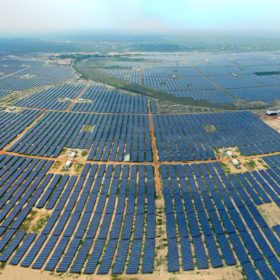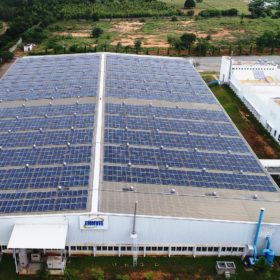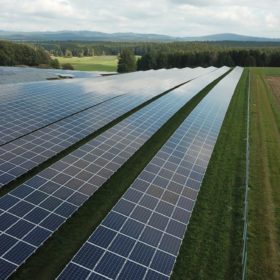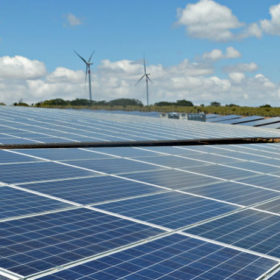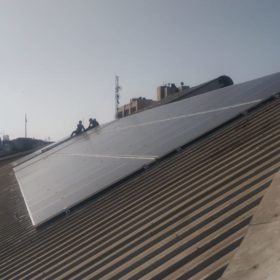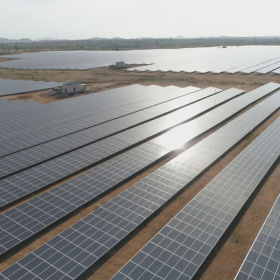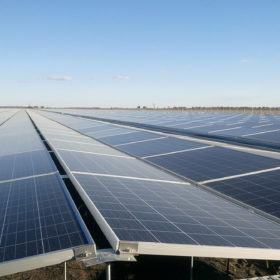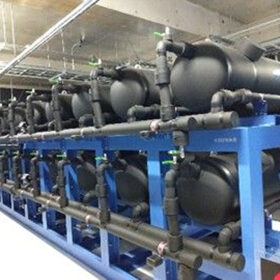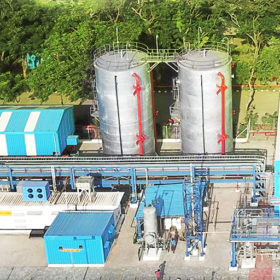Adani Green completes acquisition of 205 MW operating solar assets from Essel
The purchased solar portfolio is relatively young, with average remaining power purchase agreement life of around 21 years.
Modi loosens the purse strings to help struggling state utilities
Covid-19 hits to demand and bill payment collection have worsened the plight of the nation’s already debt-crippled power distribution companies, prompting the government to order an exceptional relaxation of lending limits.
Karnataka opens tender for rooftop solar in Belagavi
Developers have until August 29 to submit bids for the installation of grid-connected rooftop solar plants on selected government buildings of Belagavi Smart City.
Ayana Renewable acquires 40 MW PV projects from First Solar
This marks the first such acquisition for the Bengaluru-based developer as it looks to acquire high-quality operating renewable assets to ensure a balanced risk portfolio.
CleanMax installs wind-solar hybrid plant for US food major’s Karnataka facility
The 15 MW wind-solar project—set up in captive mode—will meet close to 70% of Cargill’s Davangere facility’s electricity needs.
Innovation promises cheaper solar cell glass manufacturing
Indian scientists have developed a hybrid production method combining metal mesh and a metal-oxide layer over a glass substrate which they say brings down production cost by 80% compared to the tin-doped, indium oxide-based technology currently in use.
Magenta Power bags rooftop solar project for Hindustan Aeronautics Limited
The electricity generated from the ‘Capex’ mode solar project shall be used to support the HAL office infrastructure. Commissioning period is three months.
MicroSun Solar resumes module manufacturing operations
The Bengaluru-based solar module manufacturer, which has a state-of-the-art facility with capacity of 150 MW per annum, had closed the operation of its units since March 24 after the government announced lockdown to contain Covid-19 spread.
BHEL tenders solar module supply for VTU, Karnataka
May 4 is the last date to submit bids for supplying 1130 quantities of 72-cell, 330Wp crystalline-silicon solar modules for Visvesvaraya Technological University. The modules are to be delivered within 45 days of the purchase order.
Gensol wins solar EPC projects worth Rs 45.86 crore in India
The EPC provider has won an aggregate 13.2 MWp solar capacity from State-owned Central Electronics Limited, in addition to projects from Gas Authority of India Limited, Bihar Renewable Energy Development Agency, Hindustan Petroleum Corporation Limited and Reserve Bank of India.
